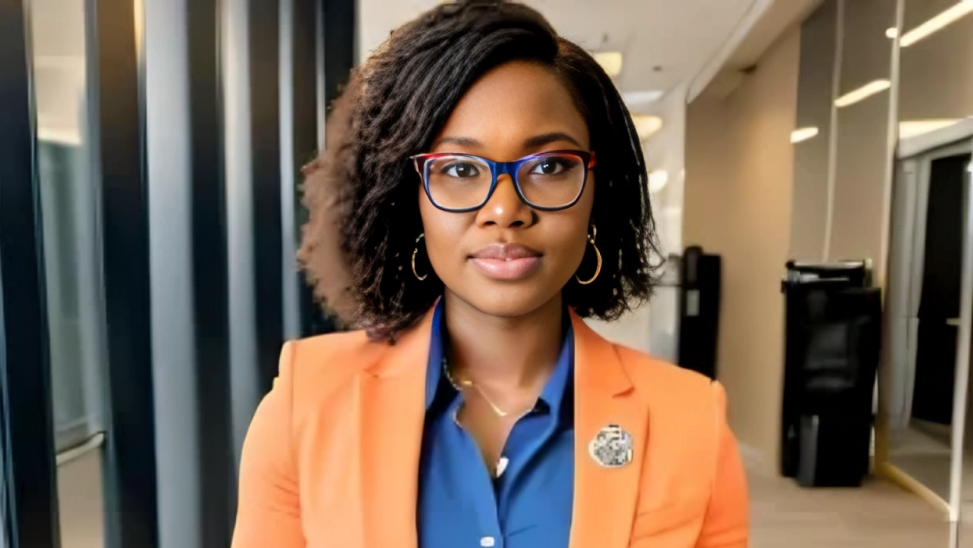
Olubukola Ayodele: Thankful to participate in the Cancer Symposium at the University of Leicester
Olubukola Ayodele, Consultant Medical Oncologist at the University Hospitals of Leicester NHS Trust, shared a post on LinkedIn:
“I want to say a big thank you to Rehana Sidat and Jamila’s Legacy for inviting me to participate in the recent Cancer Symposium at the University of Leicester on Tuesday, January 28th where I joined via Zoom as I’m in Nigeria.
The focus of the symposium was on the Sukoon (Inner Peace) Cancer Project, which was sponsored by Macmillan Cancer Support. This six-month pilot project was dedicated to providing culturally appropriate support services for South Asians in Leicester impacted by cancer, creating a much-needed safe space for open discussions.
I spoke about ‘Breaking the Culture of Silence,’ a topic that I believe is vital in addressing the challenging cancer outcomes faced by minority ethnic groups.
In discussions about improving health outcomes, particularly in cancer care, we often hear the terms ‘equality’ and ‘equity’. While they may seem similar, understanding the nuances between them is essential in our efforts to bridge the gap in cancer outcomes for ethnic minority communities in the UK.
Equality refers to providing everyone with the same resources and opportunities. While this approach appears fair, it overlooks the reality that people start from different places.
Equity, however, acknowledges that various groups encounter distinct barriers. It means offering tailored support so that everyone has an equal chance of achieving good health outcomes, regardless of their background.
Why Is This So Important in Cancer Care?
Ethnic minority groups in the UK face significant disparities in cancer outcomes, and this reality is deeply concerning.
Research has shown that:
- Certain cancers, like breast and prostate cancer, tend to have poorer survival rates in ethnic minority groups.
- Late-stage diagnoses are unfortunately more common, which limits treatment options and survival rates.
- Access to screening, early detection, and clinical trials can be unbalanced, often due to language barriers, cultural factors, systemic racism, and implicit biases within healthcare systems.
Transitioning from Equality to Equity
To address these disparities, we must adopt equity-driven interventions, such as:
- Culturally sensitive cancer awareness campaigns that can help improve early detection.
- Enhanced representation in clinical trials to ensure that treatments are effective for diverse populations.
- Actively tackling barriers to screening and treatment by providing translation services, targeted outreach, and community-led support.
It is crucial to recognize that cancer care cannot be a one-size-fits-all solution. True progress requires us to acknowledge these disparities and to implement policies that focus on equity, not just equality.
By doing so, we can aspire to create a healthcare system where everyone regardless of ethnicity has the opportunity to achieve their best possible health outcomes.”

More posts featuring Olubukola Ayodele.
-
Challenging the Status Quo in Colorectal Cancer 2024
December 6-8, 2024
-
ESMO 2024 Congress
September 13-17, 2024
-
ASCO Annual Meeting
May 30 - June 4, 2024
-
Yvonne Award 2024
May 31, 2024
-
OncoThon 2024, Online
Feb. 15, 2024
-
Global Summit on War & Cancer 2023, Online
Dec. 14-16, 2023
